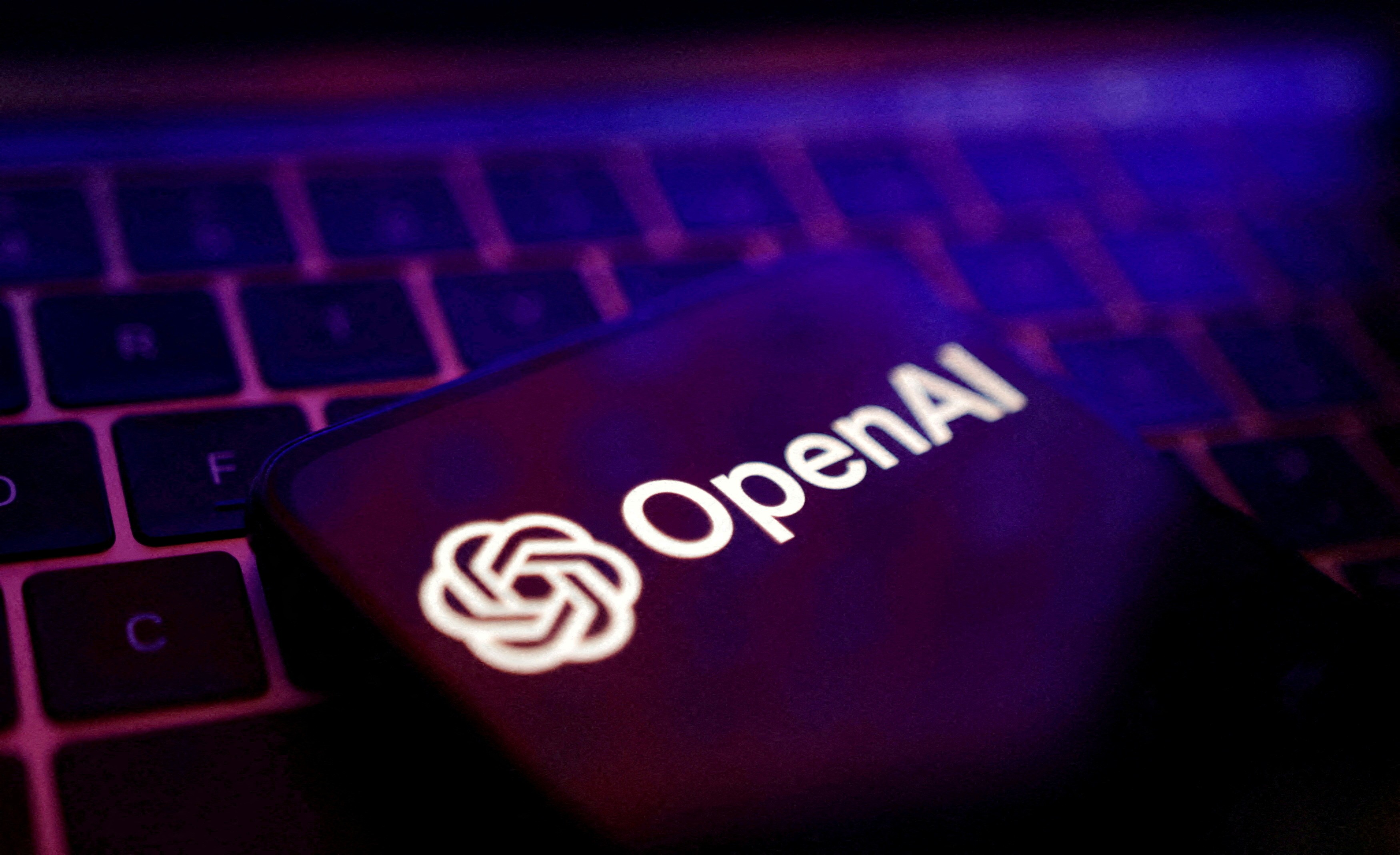
OpenAI's SearchGPT Set to Challenge Google's Search Dominance
Introduction
OpenAI has introduced a new search engine named SearchGPT, aiming to directly compete with Google's stronghold in the search market. This innovative tool merges generative AI with traditional internet search capabilities, promising more conversational and up-to-date responses.
Launch and Features
Initially, SearchGPT will be available to a limited group of users before a broader rollout. Unlike conventional search engines, SearchGPT will provide conversational answers along with clear links to sources, potentially making the search process more intuitive and efficient. This feature is expected to make finding relevant information faster and easier.
Legal and Ethical Challenges
The launch comes amidst ongoing legal disputes between OpenAI and major news outlets like the New York Times and the Chicago Tribune. These publishers have accused OpenAI of using their content without consent. OpenAI argues that its use of copyrighted data falls under "fair use," creating new content by leveraging existing material. Other companies, including Google, have faced similar backlash for their AI-enabled search features.
Industry Impact and Partnerships
To address these concerns, OpenAI is partnering with publishers to grant them control over how their content is used in SearchGPT. This aims to ensure that trusted sources are given prominence in search results. The introduction of SearchGPT coincides with Google's legal troubles, including an antitrust lawsuit by the US Department of Justice, which could potentially reshape the search market and open opportunities for new competitors like SearchGPT.
Conclusion
With the integration of generative AI and internet search, OpenAI's SearchGPT is a significant step towards a more conversational and efficient search experience. However, it faces major legal and ethical challenges, especially regarding the use of copyrighted content. The industry's response and the outcome of ongoing legal disputes will be crucial in determining the future landscape of search engines.